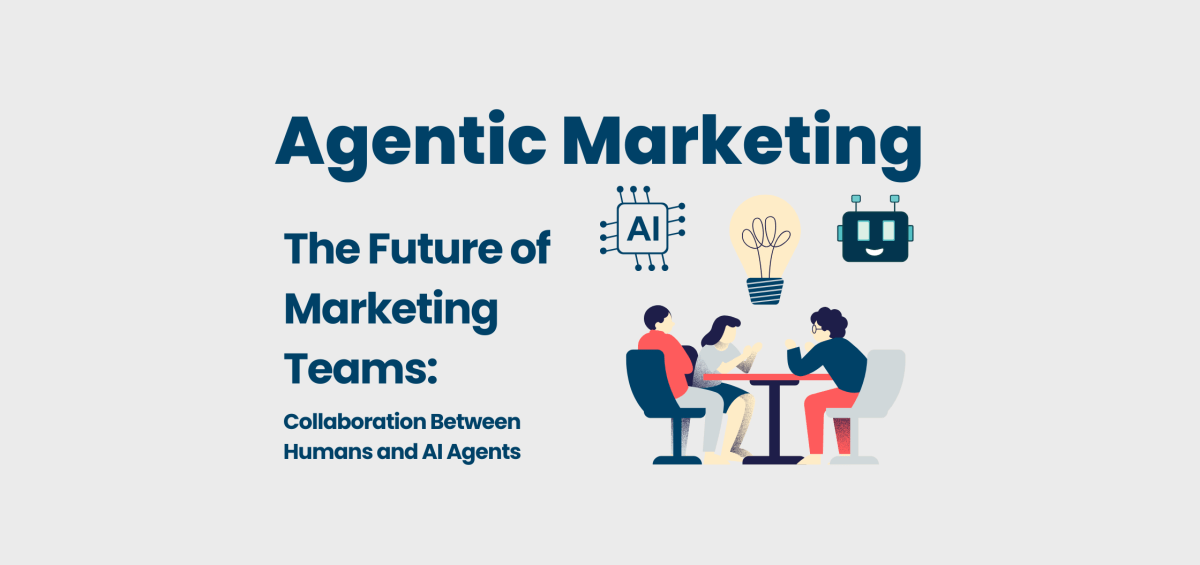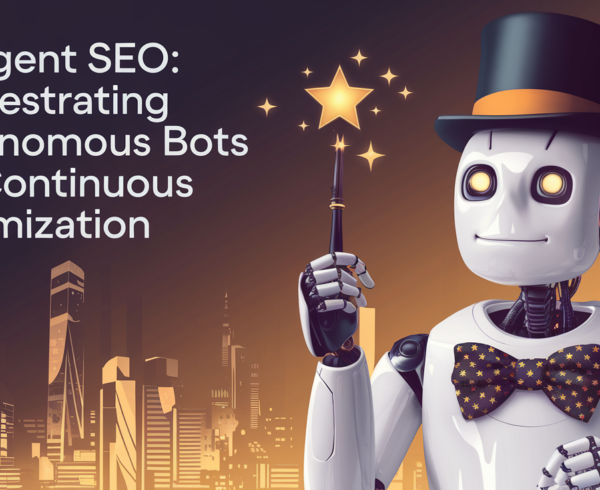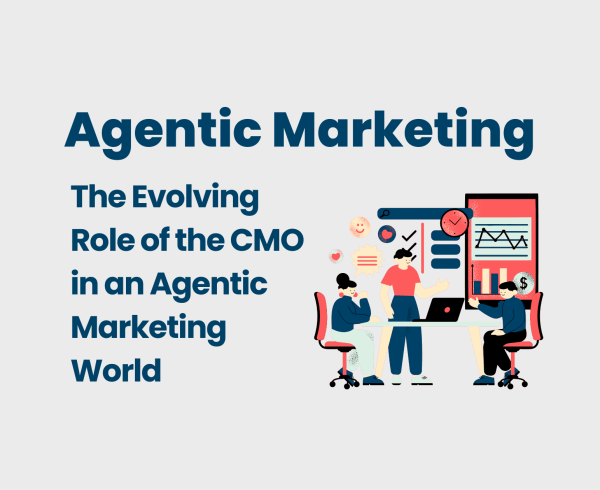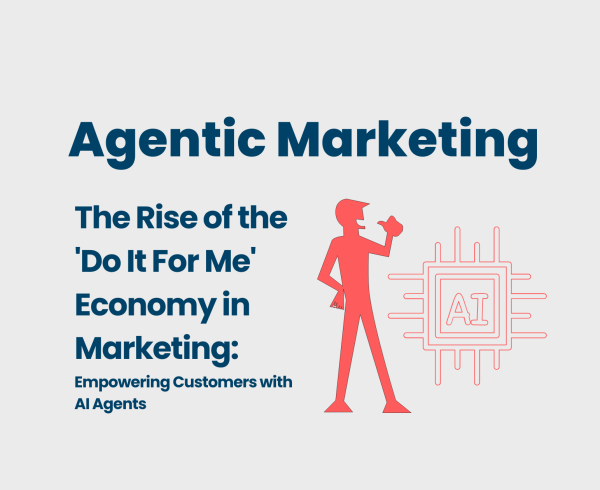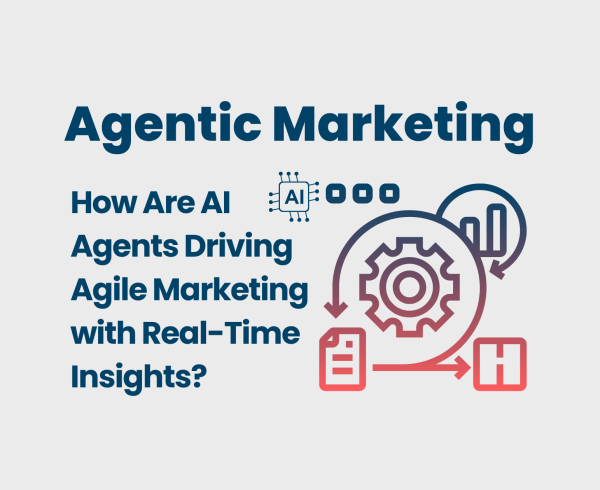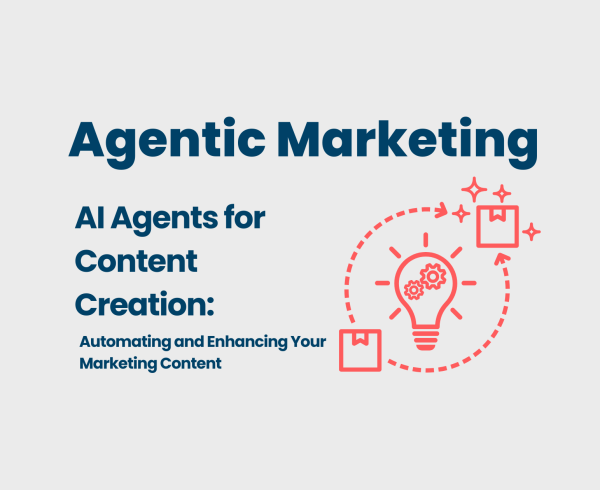The Future of Marketing Teams: Collaboration Between Humans and AI Agents
The emergence of AI agents in marketing is not about replacing human marketers but rather about forging a powerful partnership that leverages the unique strengths of both. The marketing teams of the future will be characterized by seamless collaboration between humans and AI agents, leading to unprecedented levels of creativity, efficiency, and strategic impact. Here are ten refreshing ways this collaboration will shape the future of marketing teams:
1. Strategic Visionaries and AI-Powered Analysts: Complementary Roles
Human marketers bring invaluable strategic thinking, creativity, and emotional intelligence to the table. They understand brand values, customer empathy, and the nuances of human behavior. AI agents, on the other hand, excel at analyzing vast amounts of data, identifying patterns, and providing objective insights.
The future marketing team will see human marketers focusing on setting the overall strategic direction, defining brand narratives, and understanding high-level customer needs. AI agents will then act as powerful analytical engines, providing data-driven insights to inform these strategies, identify target audiences with precision, and predict campaign performance. This complementary division of labor allows each to focus on their core strengths, leading to more effective and impactful marketing plans.
2. Creative Content Geniuses and AI-Assisted Content Producers: Boosting Output and Innovation
Content creation is a vital aspect of marketing, requiring both creative flair and efficient production. The collaboration between human content creators and AI agents will revolutionize content workflows.
Human marketers will continue to drive the creative vision, develop compelling storylines, and ensure brand authenticity in content. AI agents will assist in various stages of the content creation process, from generating initial drafts and optimizing content for SEO to adapting content for different platforms and personalizing content recommendations. This partnership will not only boost content output and efficiency but also free up human creators to focus on more innovative and strategic content initiatives.
3. Campaign Strategists and AI-Driven Campaign Managers: Optimizing Execution and Performance
Executing marketing campaigns across multiple channels can be complex and time-consuming. The future will see campaign strategists working in tandem with AI-driven campaign managers to optimize execution and performance.
Human strategists will define campaign objectives, target audiences, and key messaging. AI agents will then take the lead in managing the day-to-day execution of campaigns across various platforms, autonomously adjusting bidding strategies, targeting parameters, and ad creatives based on real-time performance data. This collaboration ensures that campaigns are not only strategically sound but also executed with maximum efficiency and optimized for the best possible results.
4. Customer Experience Architects and AI-Powered Personalization Engines: Delivering Tailored Journeys
Creating exceptional customer experiences requires a deep understanding of individual customer needs and preferences. Human customer experience architects will collaborate with AI-powered personalization engines to deliver truly tailored customer journeys.
Human marketers will design the overall customer journey, focusing on empathy and understanding customer pain points. AI agents will then leverage vast amounts of customer data to personalize every touchpoint within that journey, delivering relevant content, offers, and support at the right time and through the right channel. This collaboration ensures a customer-centric approach where human understanding is amplified by AI-driven personalization capabilities.
5. Brand Guardians and AI-Powered Consistency Enforcers: Maintaining Brand Integrity
Maintaining brand consistency across all marketing communications is crucial for building brand recognition and trust. Human brand managers will work with AI agents to ensure brand integrity across all digital touchpoints.
Human marketers will define brand guidelines, voice, and tone. AI agents will then act as automated brand guardians, monitoring all marketing content and communications to ensure they adhere to these guidelines. They can flag any inconsistencies or deviations, helping to maintain a cohesive and consistent brand image across all platforms and interactions.
6. Marketing Analysts and AI-Driven Insight Generators: Uncovering Actionable Intelligence
Analyzing marketing data to extract actionable insights is essential for informed decision-making. The collaboration between human marketing analysts and AI-driven insight generators will revolutionize the way marketing data is processed and utilized.
Human analysts will define the key metrics and business questions they need to answer. AI agents will then autonomously collect, process, and analyze vast amounts of marketing data, identifying trends, patterns, and correlations that might be missed by human analysts. This collaboration provides marketers with a deeper understanding of their performance, their customers, and the overall market landscape, enabling them to make more data-driven decisions.
7. Innovation Leaders and AI-Powered Trend Spotters: Identifying Future Opportunities
Staying ahead of the curve requires continuous innovation and the ability to identify emerging trends. Human innovation leaders will collaborate with AI-powered trend spotters to uncover future opportunities for marketing growth and differentiation.
AI agents can continuously scan vast amounts of data, including social media conversations, news articles, and industry reports, to identify emerging trends and technologies. Human marketers can then leverage these insights to explore new marketing strategies, develop innovative campaigns, and stay ahead of the competition. This collaboration ensures that marketing teams are always looking towards the future and adapting to the evolving landscape.
8. Ethical Oversight and AI-Driven Compliance Monitors: Ensuring Responsible Marketing
As AI agents become more autonomous in their marketing activities, ensuring ethical practices and compliance with regulations is paramount. Human ethical oversight will be complemented by AI-driven compliance monitors to ensure responsible marketing practices.
Human marketers will establish ethical guidelines and compliance policies. AI agents can then continuously monitor marketing activities to ensure they adhere to these guidelines and regulations, flagging any potential violations or ethical concerns. This collaboration helps to build trust with customers and ensures that AI is used responsibly and ethically in marketing.
9. Training and Development Specialists and AI-Powered Learning Platforms: Upskilling the Marketing Workforce
The integration of AI agents into marketing teams requires marketers to develop new skills and adapt to new ways of working. Human training and development specialists will collaborate with AI-powered learning platforms to upskill the marketing workforce.
AI-powered platforms can provide personalized learning paths and resources to help marketers understand and effectively utilize AI agents in their daily tasks. Human trainers can then focus on providing strategic guidance and fostering a culture of collaboration between humans and AI. This collaborative approach to training ensures that marketing teams are equipped with the skills and knowledge they need to thrive in the age of AI.
10. Feedback Loops and Continuous Improvement: Evolving Together
The collaboration between humans and AI agents is not a static arrangement but rather an evolving partnership. Establishing feedback loops and mechanisms for continuous improvement will be crucial for maximizing the effectiveness of these collaborative teams.
Human marketers can provide feedback on the performance and recommendations of AI agents, while AI agents can provide insights into human workflows and identify areas for improvement. This continuous feedback loop allows both humans and AI agents to learn from each other, adapt to changing circumstances, and continuously enhance their collaborative efforts, leading to increasingly effective and innovative marketing outcomes.
In conclusion, the future of marketing teams is one of synergistic collaboration between humans and AI agents. By leveraging the unique strengths of each, marketing teams can achieve new levels of strategic thinking, creative output, operational efficiency, and customer engagement. This partnership will not only transform the way marketing is done but also empower marketers to focus on higher-level strategic initiatives and drive greater impact for their organizations. The key to success lies in embracing this collaborative future and fostering a culture of continuous learning and adaptation.

